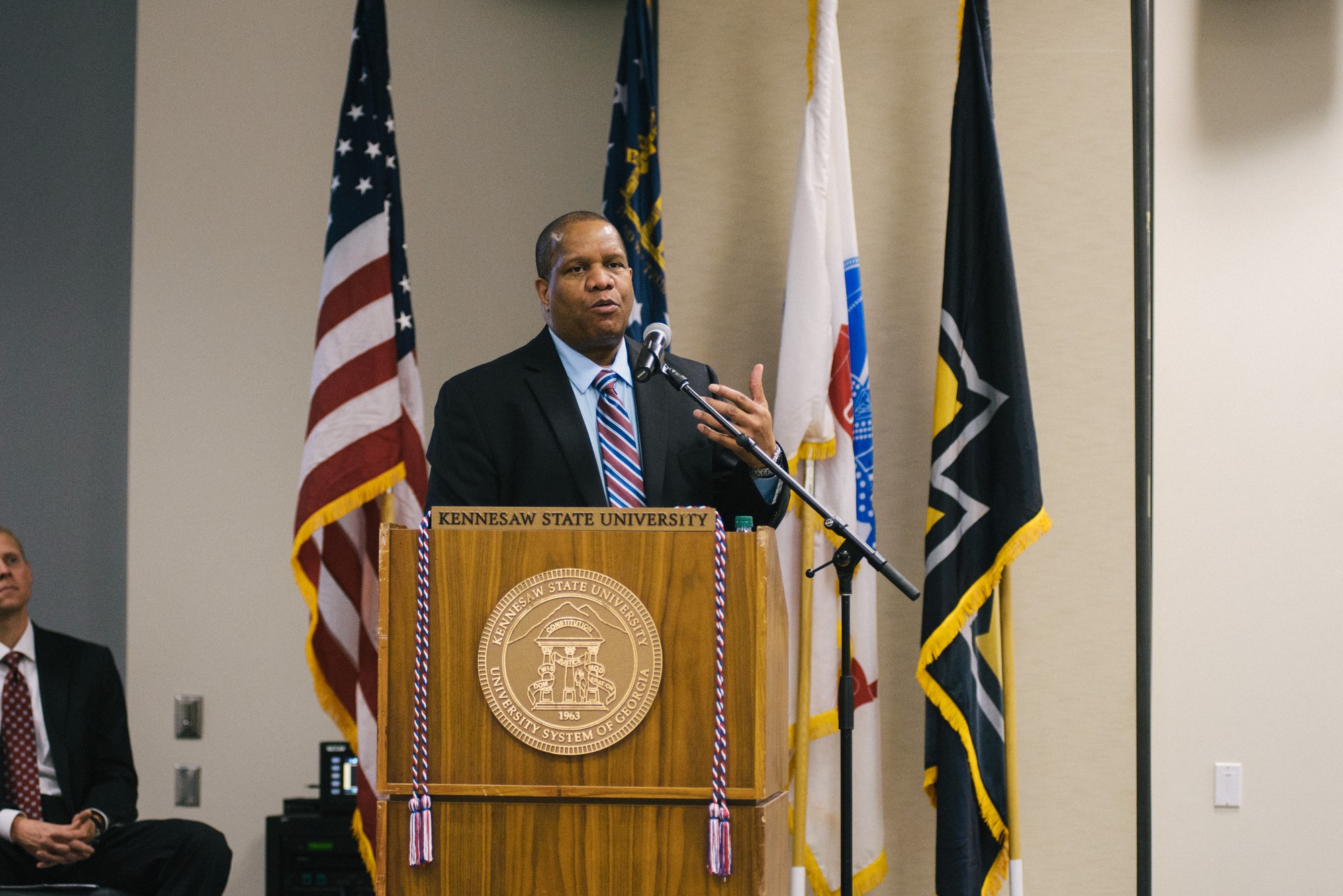According to a report by NPR on Mar. 15, the Biden administration has demanded that ByteDance LLC., the parent company of the social media app TikTok, either sell their U.S. operations or face a ban.
This large of a userbase, coupled with it being owned by a foreign company headquartered in a nation that Secretary of State Antony Blinken has called the “most serious long-term challenge to the international order”, contribute to the federal government questioning whether TikTok is a national security threat, according to NPR.
According to Chris Mowrey, a Kennesaw State student who has amassed over 60 thousand followers on the popular app with his political commentary and activism, he isn’t too concerned about TikTok.
“I think there’s so much going on right now and national security concerns with China is definitely up there,” Mowrey said, “But as an American voter, it’s just not what I’m focused on.”
He continued to point out that he believes there are other avenues for China to get data about Americans if they want to, citing the recent Chinese spy balloon situation, as well as the many products produced by China sold in the U.S. marketplace.
Joshua Azriel, a media law professor at Kennesaw State, shared a similar perspective. Azriel said that the emphasis on TikTok is unwarranted, considering all the ways in which American data is shared and leaked through other apps.
“As soon as you use Gmail to write an email, or you’re using your GPS to find a location to drive to, your data is being leaked,” Azriel said.
In addition to data concerns, both Azriel and Mowrey said that they don’t believe that TikTok will be banned. Azriel said that he doesn’t believe TikTok will be banned because of the legal battle that would ensue, adding that the conservative majority on the Supreme Court would be hesitant to allow banning an app that is a medium for free speech.
“To ban it, it would have to clear a very high constitutional bar,” Azriel said, “I could even see a 9 to 0 vote.”
Mowrey said that the ban might harm Biden’s approval among young voters, who he says were critical in electing him in 2020.
“I think it’ll be a very hard road up for me without TikTok,” he said, “I’ll just keep trying to do that political commentary/political activism, just on different platforms.”
The CEO of Tik Tok, Shou Zi Chew testified before congress on March 23. In his testimony, he said that he plans to store U.S. data on U.S. soil and address any concerns that officials have.
Lawmakers were not convinced, with Rep. Diana DeGette from Colorado offering a sharp rebuttal to Chew’s responses to her questioning of how TikTok will keep young children from accessing the app before the required age.
“I asked you specifically how you are trying to increase your review of this and you gave me only generalized statements,” she said, “that’s not enough for me, that’s not enough for the parents of America.”

